One of the lessons I learned the hard way in trading is that to become and to stay successful as a trader, you have to be very open-minded. Unfortunately, this is easier said than done and many traders fail to stay open-minded in the long run.
This is a very common trap for traders you’re having success early in their trading career. Maybe you started trading back in the early 90s when the stock markets moved from one high to the next. You learned a very simple long-only strategy to trade stocks and of course, you were very successful doing that. But in the year 2000 everything changed and that super bull markets turned into an ugly bear market. A completely new environment to trade in and guess what your long-only trading strategy stops working. But as you’ve been making nice money with it for almost 10 years it’s very hard to stop trading it. On every little profit you make, you start hoping it might work again. But as the stock markets continue to collapse, so does your equity.
That trader can hardly be blamed for not being open-minded enough to see that and stop trading the strategy before it’s too late. It’s a very difficult thing to do. And that’s why most traders who’ve had a very good start usually give it all back to the markets later on.
But there are also traders who’ve been around for a while that should know better by now. Still, they believe that only one way of trading is right and try to stick to it forever, happily ignoring all the facts telling them the opposite. Often, they’re the ones who love hanging out in trading forums to tell everyone the truth about trading. Whenever someone wants to tell you “the truth about the markets”, run as fast as you can!
If there is a truth in trading and the markets, it can be summarized in “it changes all the time”. Whenever you think you’ve seen it all, something new happens. Truths like “bonds and stock market are highly correlated” simply become untrue. Whole markets become illiquid or disappear. Trading costs is another factor that can make markets untradeable (or tradable) for a specific strategy. And of course, market participants change all the time.
Because of that, trading strategies that worked for years can simply stop working. It will be very interesting to see what happens to many traders/strategies/hedge funds that are currently relying on some kind of long-only stock market strategies when things become ugly again.
So that’s one of the reasons you have to stay flexible and open-minded in this business. Markets change. If you don’t adapt, you won’t survive.
But you also need an open mind to be successful in developing trading strategies and looking for market edges. Very often you’ll find that the very opposite of what you believe or read in a trading book is actually true. But you won’t find that out if you’re not ready to challenge what you believe to the true right now. Is a certain chart pattern that is categorized as “bullish” all over the internet actually “bullish”? Or might the truth be that chances of success are much higher fading that signal? Go ahead and find out!
Also if a strategy looks like the worst strategy ever, maybe it’s going to be a good one if you do the opposite? The same is true for indicators, think of new ways to use them. Maybe it’s actually meaningless if an indicator hits a specific value where it’s supposed to be “overbought” but it’s an excellent indicator to show a change in momentum by looking at its change from one period to the next?
Other things traders tend to get attached to are specific markets or trading styles. “I trade only the EUR/USD and I never hold a trade overnight”. Good luck with that! This means you’ll hit some very serious drawdowns (or have to completely stop trading if you have a filter for that) whenever the volatility of EUR/USD gets too low to profitably day trade in that market. And these periods can last for years! As this can be true for whole asset groups like currencies, it’s always good to be able to switch to wherever the action is (energy markets, bonds, stock indices for example).
Of course, when it comes to the actual execution part of trading, there’s no room for you to be open-minded. Here you have to be 100% disciplined and stick to your rules and risk management. If you’re open-minded about how much you’ll risk on the next trade, you’ve clearly overdone it 🙂



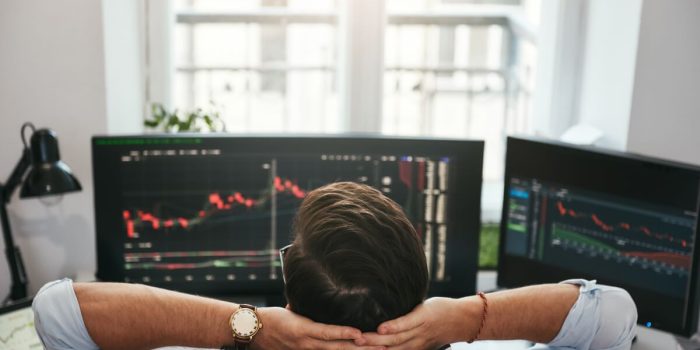


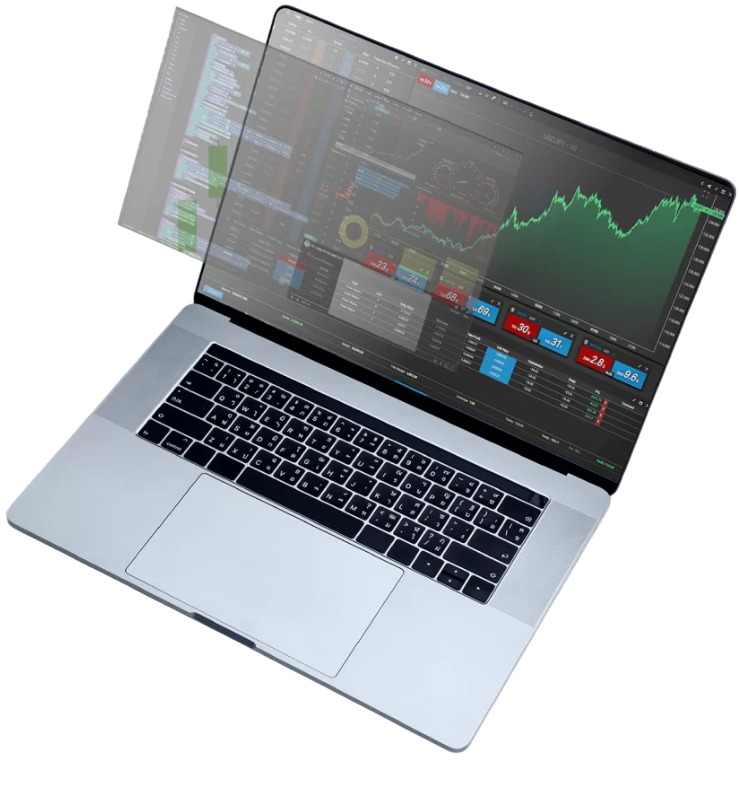 White Label Solutions
White Label Solutions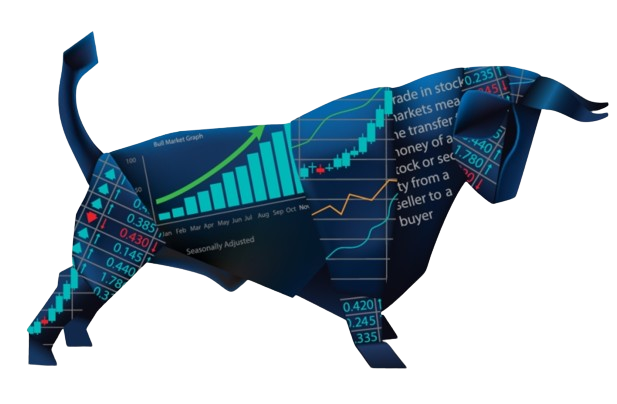 Execution
Execution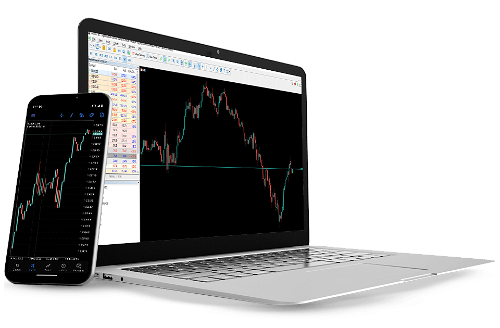 PMAM Platform
PMAM Platform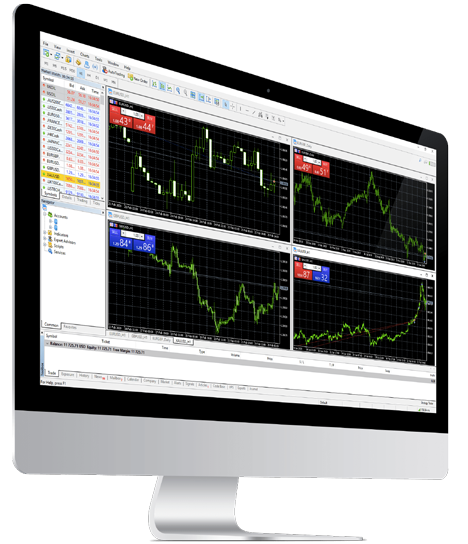 Partner Types
Partner Types Trading Signals
Trading Signals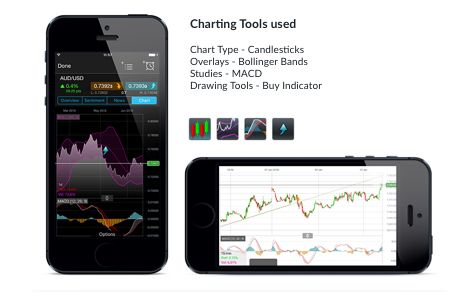 Charting Features
Charting Features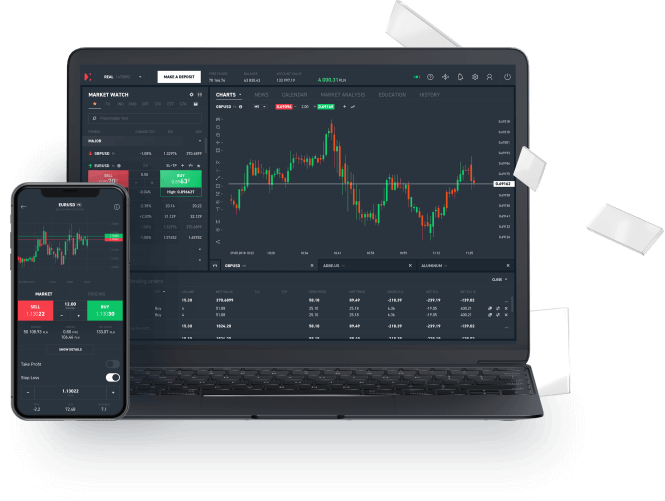 Countdown Pricing
Countdown Pricing Wealth Management
Wealth Management Guardian Angel
Guardian Angel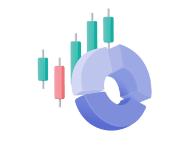 Vanilla Options
Vanilla Options